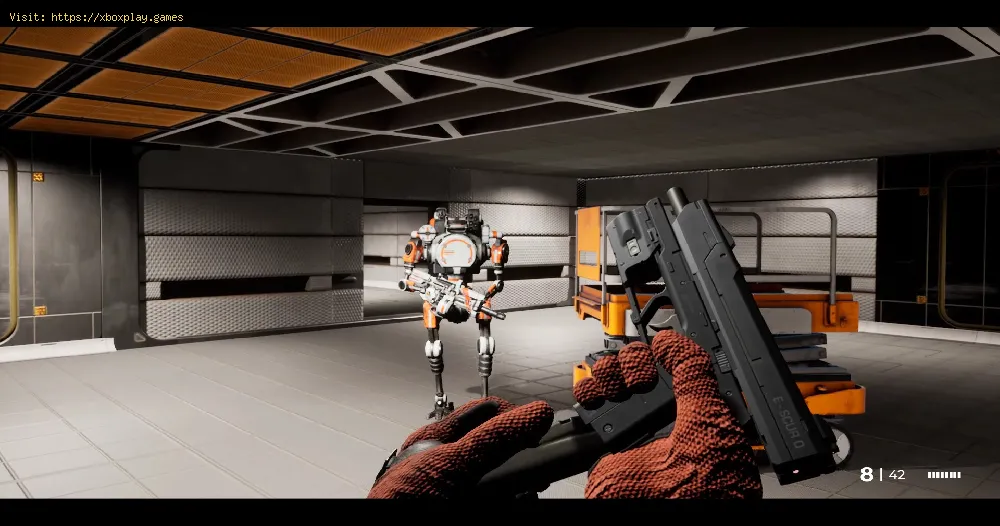By 2019-04-16 16:57:13
If they tell you something about being part of BlackHoles@Home, it really is not something that sounds very promising.
But the new West Virginia University initiative plans to "recruit" people to help him learn as digitally as possible about black holes.
We do not really talk about recruiting people, but rather PCs or power of hardware and processing.
Using Black Holes to Traverse the Universe with Dr. David Kipping
Read Also:
A good purpose for your PC is not really playing video games of
real battles, managing football teams or, in general, playing as a great
hero, or the most recent and besides wanting to be part of the present
and future of humanity, It is having a great boom and becoming an
electrical problem in a lot of countries, we are referring to
cryptocurrency mining. But the latter is no longer viable for home
computers no matter how many capacities your computer has, the power of
hardware for digital mining must be very high, and the more active
miners there are in the world, the more difficult the network will be
mined. , so you will require more hardware to achieve profitability.
So none of these purposes is truly profitable for a home computer, no matter how much capacity it has, it is not worth running your graphics card at its maximum capacity for hours and hours.
But the fact is that not all purposes are so unprofitable.
Using the hardware power of your PC for good, and not just for personal gain, is a much more laudable goal anyway.
Join the list of PCs that can achieve feats in the universe, or better yet to discover the mysteries of black holes.
Using the same BOINC system as SETI@Home, the BlackHoles@Home project that is setting up the University of West Virginia seeks to harness the power of its PC to simulate colliding black holes and help them analyze the resulting gravitational waves.
Zachariah B. Etienne, Assistant Professor of Mathematics, project leader and assistant professor at West Virginia University has said:
"Each desktop computer can perform a single simulation of colliding black holes."
"The simulations we must perform, with the help of the public, are designed to fill large gaps in our knowledge of the gravitational waves of these collisions by covering as many possibilities as possible. The current catalogs of simulation of black holes are too small to adequately cover this ample space of possibilities ".
For the project, to have a source of computing power, instead of having to spend a large amount of cash and time waiting in line to obtain valuable supercomputer resources, will allow the BlackHoles@Home team to collect a lot of more information, much faster than I would have done.
The collision of black holes creates a large amount of gravitational waves, and the observation of these waves can be used to infer a large amount of information about the phenomenon itself.
The team has used Berkeley's Open Infrastructure for Network Computing (BOINC) to create the software needed to simulate holes, holes, black holes, and expects to have everything configured to download later this year.
Other Tags
video game, gameplay, price, 60fps, steam
Other Articles Related
- How To Beat Baba in Tales Of Kenzera Zau
- Where to find Grovekeeper Topoda in Another Crab’s Treasure
- How to get Plague Ichor in No Rest for the Wicked
- Where to find Microplastics in Another Crab’s Treasure
- How to Fix Limbus Company A Server Error Occurred
- How to find all three cereal treasure in Another Crab’s Treasure
- How to play Gray Zone in Warfare
- How To Crack the Code in Sker Ritual
- How to beat Insect Man in Sand Land
- How to Defeat Impundulu in Tales of Kenzera Zau
- How to Open the Sealed Gate in Tales of Kenzera Zau
- How to Activate the Waterworks in Tales of Kenzera Zau
- How to Pass the Spike Pit in Ikakaramba in Tales of Kenzera Zau
- How To Fix Cutscenes With Low FPS in Kingdom Come Deliverance
- How to Turn on Car Headlights in A Dusty Trip
- How to Get Ulogi to Upgrade Skills in Tales of Kenzera ZAU
- How to Do Inside Out Shots in TopSpin 2K25
- How To Respec in No Rest for the Wicked
- How To Get True Zangetsu In Reaper 2
- How to Get a House in No Rest for the Wicked
- How to get Seasoning in Wartales The Tavern Opens
- How to register for the Arena Breakout Infinite beta
- Where to find trainers in Wartales
- How to Clean the Filter Station in Harold Halibut
- How to Find Coco in Harold Halibut
- How to get Regional Wealth in Manor Lords
- Where to Find All Dolls in the Cursed Lands of Lavernock for Sker Ritual
- How to Make Money in Shadows of Doubt
- Dreams Early Access for PS4 Release Date
- Star Wars: The Old Republic's First Expansion Revealed
- DDJ-800: Pioneer DJ Has A New Rekordbox DJ Controller
- Notre Dame Cathedral Could Be Rebuilt Thanks to Assassin’s Creed: Unity
- Xbox One Leak: All-Digital Xbox One With No Disc Drive
- Travel through wormholes is possible
